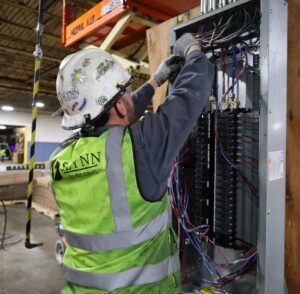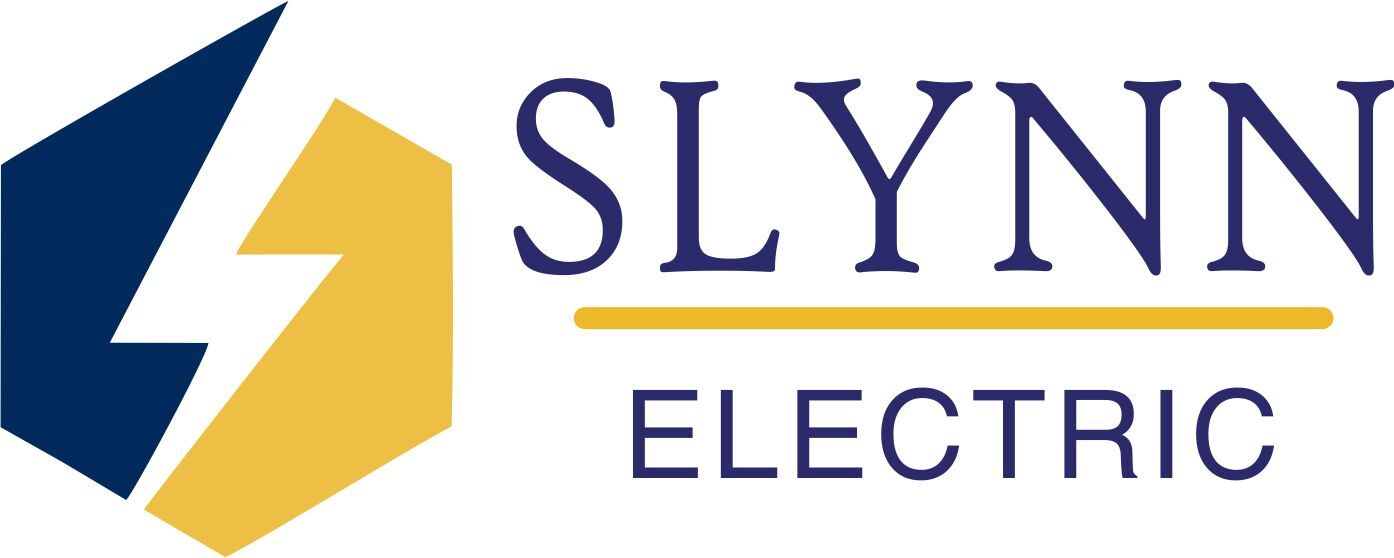The Costly Mistake Many Contractors Make: Ignoring Proper Torque
Many contractors underestimate the impact of loose or over-tightened electrical connections. What seems like a minor oversight can quickly spiral into costly rework, unplanned downtime, equipment failures, or even dangerous safety hazards such as fires or electric shock. One of the most overlooked—and most important—practices in the field is ensuring connections are torqued correctly.
What Is Torque?
Torque is the measurement of a turning or twisting force applied to fasteners such as lugs, bolts, or nuts. In electrical work, it refers to how tightly these components are secured. Every manufacturer provides torque ratings specific to their equipment, and these ratings must be followed precisely.
Over-torquing can strip threads, crack components, or deform connectors. Under-torquing, on the other hand, can lead to loose connections that degrade over time and fail under load. Either way, failing to meet the proper torque spec can have serious consequences.
Why Is Proper Torquing So Important?
Proper torque is essential to maintaining the integrity and safety of electrical connections. It ensures:
-
Reliable conductivity: A properly torqued connection provides a secure and stable path for current to flow.
-
Minimized heat buildup: Loose connections cause resistance, which generates heat—leading to potential overheating or arcing.
-
Reduced equipment failure: Incorrect torque is a leading cause of system malfunctions and early equipment failure.
-
Fire prevention: One of the most dangerous risks of improper torque is electrical fires caused by overheating or sparking at loose connections.
Simply put, correct torque isn’t just about tightening a screw—it’s about creating a safe and reliable electrical system.
Is the Proper Torque Required by Code?
Yes. Using the correct torque values is not optional—it’s required by the National Electrical Code (NEC).
According to NEC 2017 110.14(D):
“Where a tightening torque is indicated as a numeric value on equipment or in installation instructions provided by the manufacturer, a calibrated torque tool shall be used to achieve the indicated torque value, unless the equipment manufacturer has provided installation instructions for an alternative method of achieving the required torque.”
This means if a torque value is listed, you must use a calibrated torque tool—no guessing, no approximating. Compliance isn’t just a best practice; it’s a legal requirement.
Are Loose Connections Costing You?
Improper torque isn’t always immediately obvious. Systems may appear to work fine during installation or testing, but over time, those under-torqued or over-torqued connections begin to degrade. This can result in:
-
Nuisance tripping of breakers
-
Voltage drops and power quality issues
-
Equipment shutdowns or damage
-
Emergency service calls and downtime
-
Liability concerns due to non-compliance
In many cases, what started as a $5 mistake ends up costing thousands in repairs or lost productivity.
How Does Slynn Electric Maintain Proper Torque?
At Slynn Electric, we make torque compliance a cornerstone of our workmanship.
-
We read and follow manufacturer specifications carefully for every component we install.
-
We use calibrated torque tools to ensure precision on every connection.
-
We train our electricians on the importance of torque and how to verify values in the field.
-
We document torque checks when required, giving our clients added assurance.
In many cases, torque specifications are printed directly on the lug, bolt, nut, or circuit breaker. When in doubt, we consult the equipment documentation or reach out to the manufacturer. We never guess.
We believe in doing it right the first time. Every connection we install is torqued to exact specifications, ensuring compliance with code, reliability for the long term, and—most importantly—safety.
Let’s Build It Right
If you’re hiring an electrical contractor, make sure they treat proper torque as a non-negotiable. At Slynn Electric, we do!


